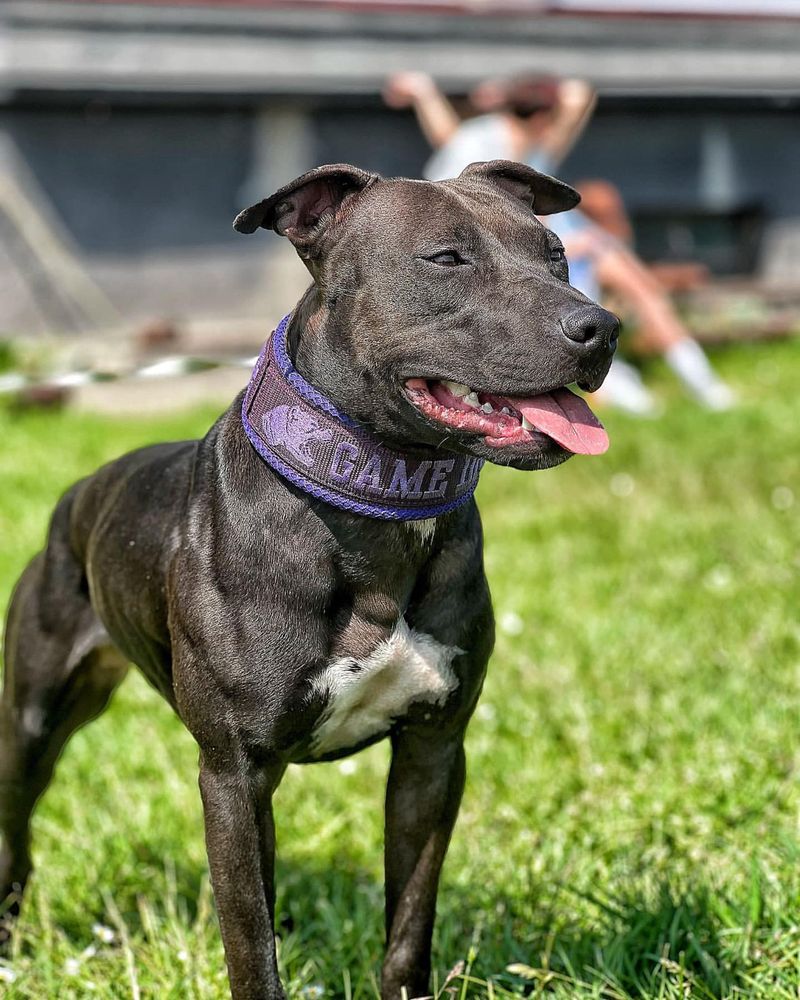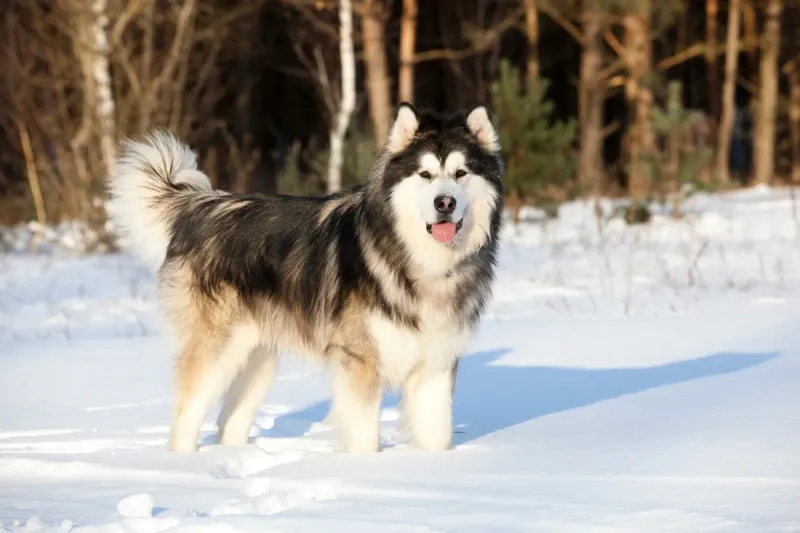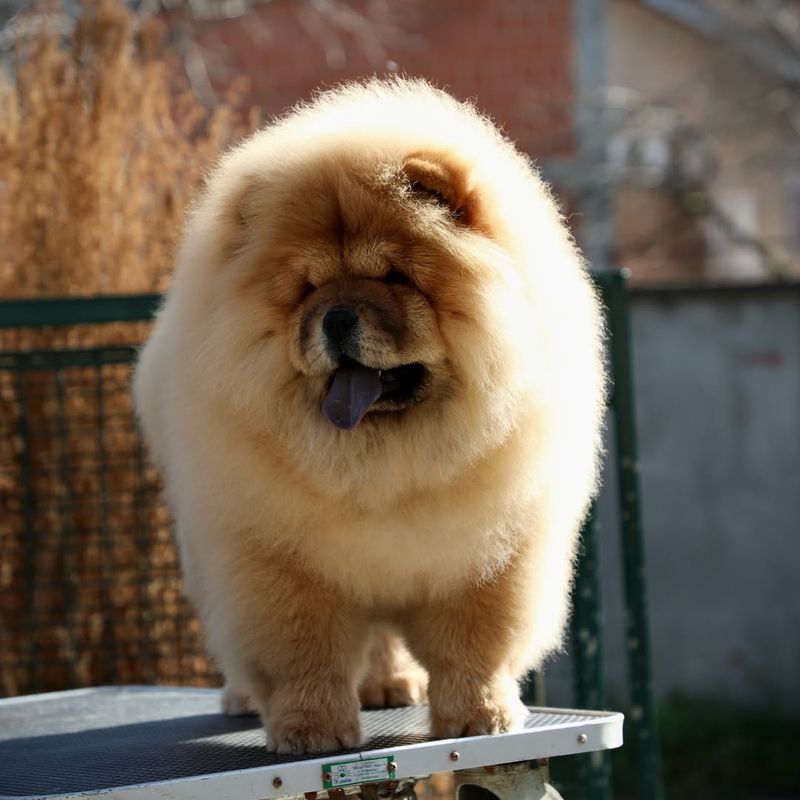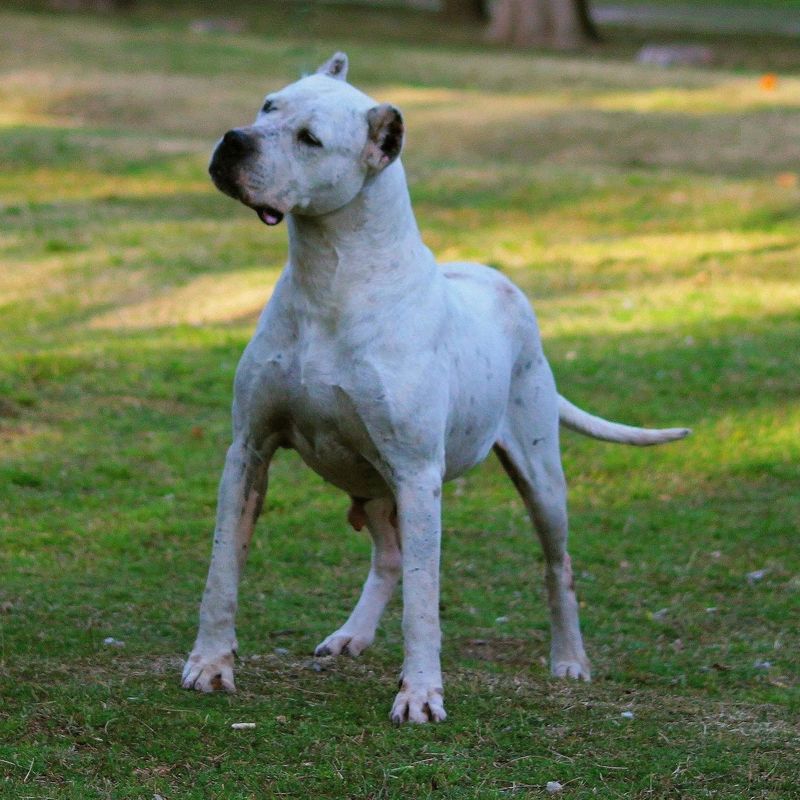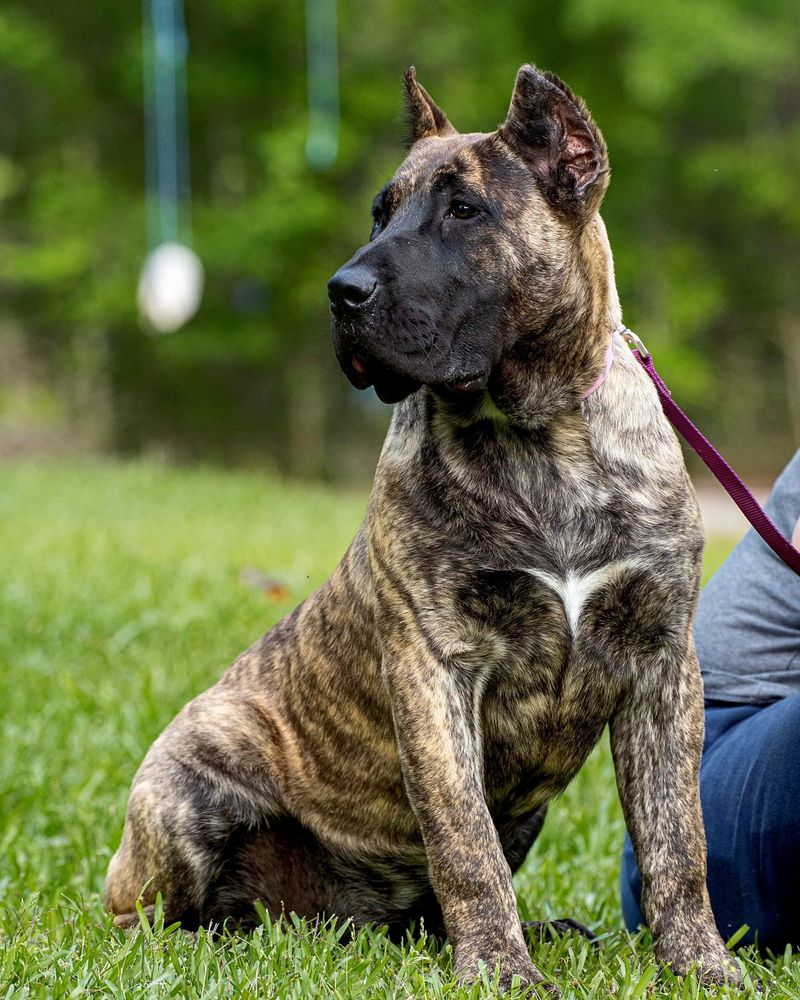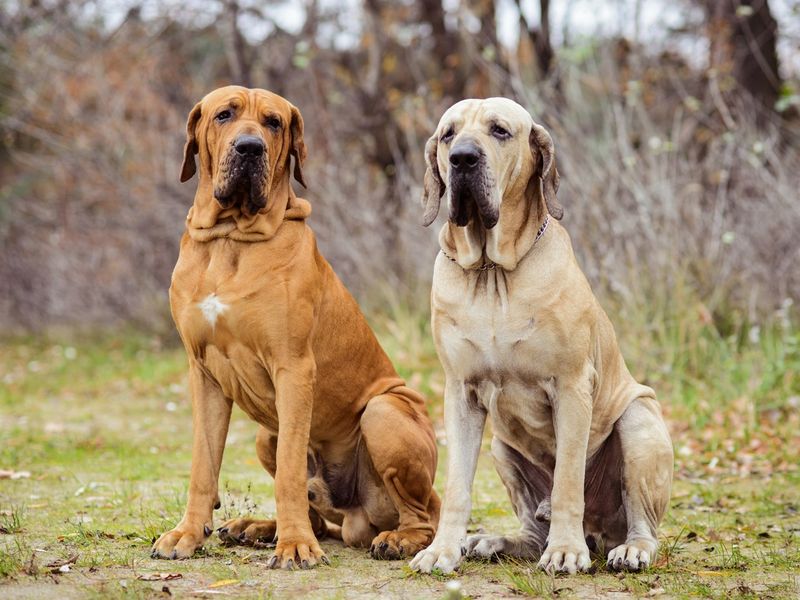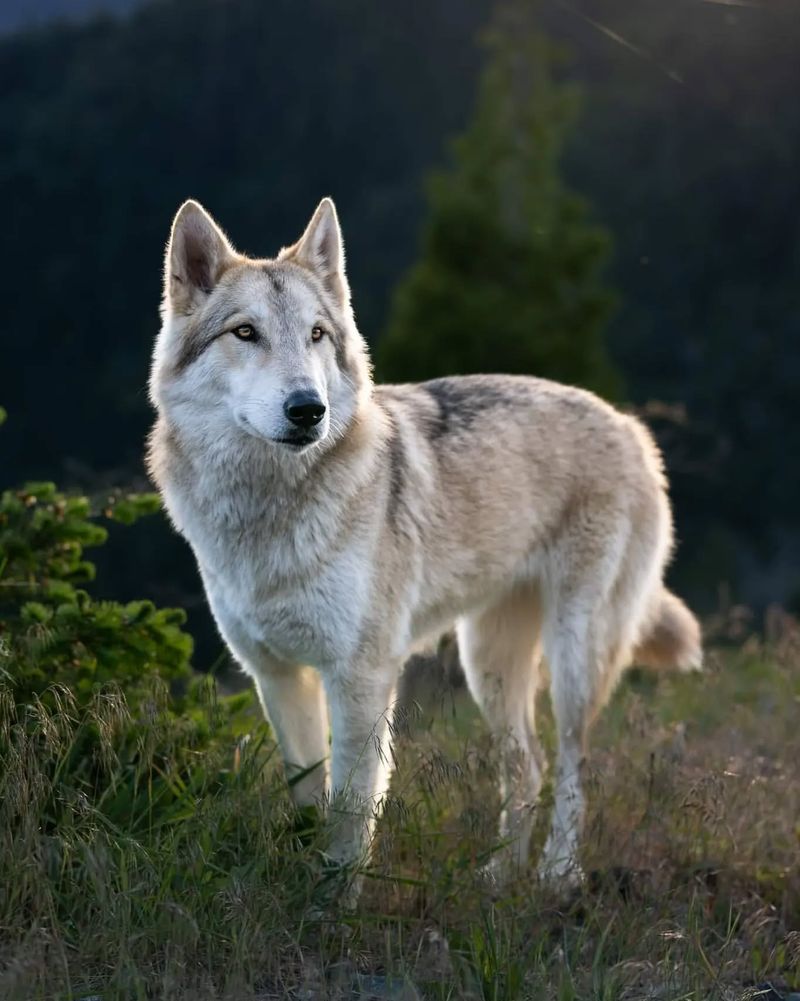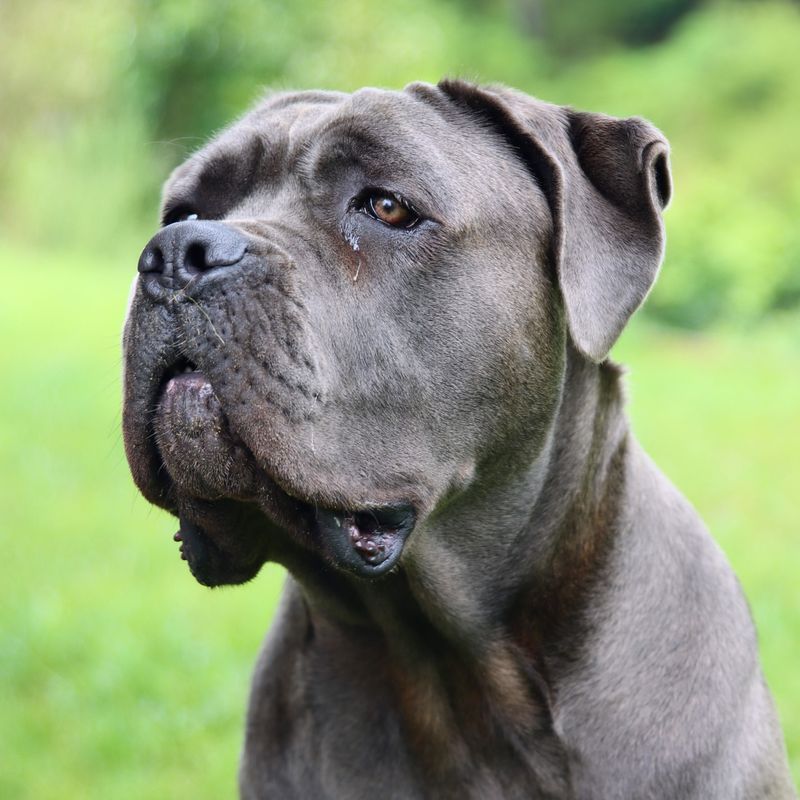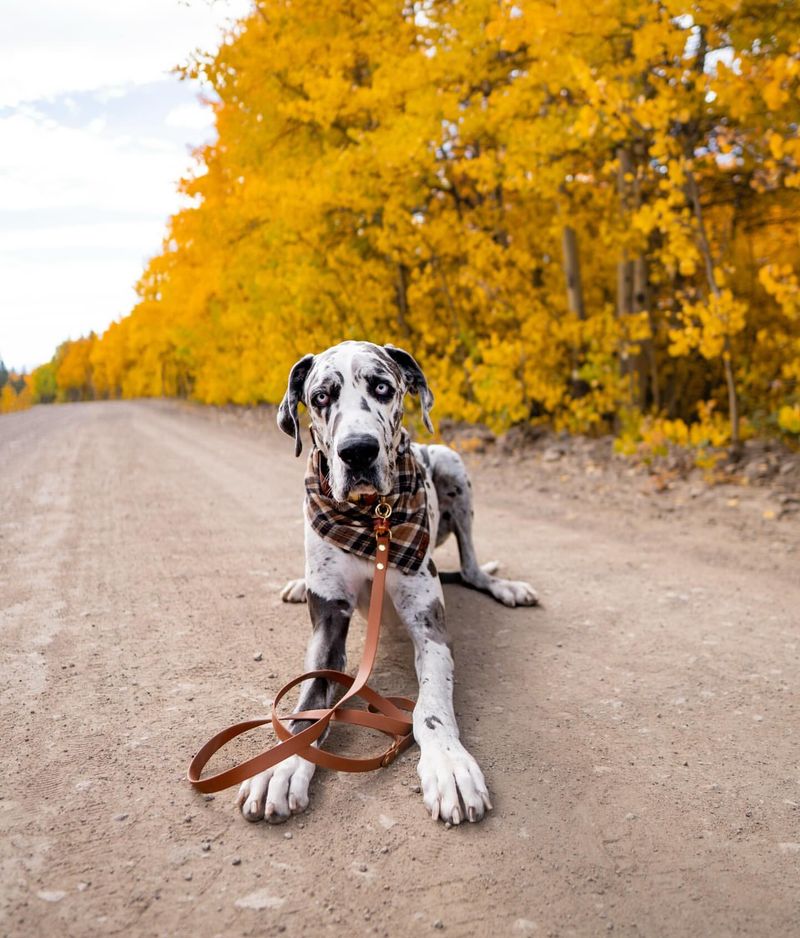📖 Table of Content:
In the United States, certain dog breeds have become the center of heated debates due to being banned or restricted in various regions. These breed-specific regulations often arise from concerns about public safety, fueled by reports of aggressive behavior or attacks. However, many advocates believe that such laws unfairly target specific breeds rather than addressing the root cause: responsible pet ownership.
These bans typically affect breeds with a reputation for being powerful or potentially dangerous, often based on stereotypes rather than individual behavior. Critics of breed-specific legislation argue that training, socialization, and proper care are far more effective in preventing incidents than banning breeds outright. The controversy highlights the complex relationship between humans, dogs, and societal perceptions.
Explore the realities facing 15 dog breeds currently under scrutiny in the U.S., uncovering the reasons behind these restrictions and their impact on dog owners. It sheds light on the importance of understanding and addressing the broader issues of pet behavior and responsible ownership.
1. Pit Bull Terrier
Pit Bull Terriers are often at the center of breed-specific legislation due to their reputation for aggression. However, many owners and experts argue that these dogs are misunderstood. With proper training and socialization, Pit Bulls can be gentle companions.
The controversy surrounding these dogs often stems from their history in dog fighting and the sensationalized media portrayals. Advocates for Pit Bulls emphasize the importance of responsible ownership.
In areas where bans exist, owners must navigate complex legal landscapes to keep their pets, often resulting in increased advocacy and education efforts.
2. Rottweiler
Known for their strength and protective instincts, Rottweilers can be formidable companions when properly trained and managed. These traits, however, require experienced handlers who can provide consistent guidance to ensure they are well-socialized and balanced.
Unfortunately, misconceptions about their temperament have led to bans in certain areas. The breed’s loyal and loving nature is often overshadowed by their portrayal as aggressive and dangerous.
Communities with Rottweiler bans often cite safety concerns, but proponents argue that education and training are more effective than restrictions. Responsible ownership remains key to addressing these challenges.
3. Doberman Pinscher
Celebrated for their intelligence and loyalty, Doberman Pinschers excel as guard dogs and devoted companions. However, their strong protective instincts are sometimes misinterpreted as aggression, a misconception that has unfortunately resulted in bans in certain regions.
Proper socialization and training are crucial in managing a Doberman’s behavior. Advocates stress that with the right environment, these dogs can be both protective and gentle.
Bans on Dobermans often arise from safety concerns, but enthusiasts argue for education on responsible breeding and ownership instead of blanket restrictions.
4. German Shepherd
Renowned for their intelligence and versatility, German Shepherds are highly valued in police and military roles. However, incidents involving poorly trained individuals have led some areas to impose bans on this otherwise exceptional breed.
The breed’s strong protective instincts require knowledgeable handling. Owners must provide proper training to ensure safety and harmony.
In jurisdictions with bans, the debate centers around whether these measures address root causes like inadequate training or socialization. Advocates argue that solutions should focus on education rather than prohibition.
5. Alaskan Malamute
Powerful and energetic, Alaskan Malamutes are sledding dogs known for their strength and endurance. Their independent nature and high energy levels can be challenging for inexperienced owners, which has occasionally resulted in bans in certain areas.
These dogs require ample exercise and firm leadership to thrive. Without it, they may develop behavioral issues that contribute to their controversial status.
Despite their challenges, Malamutes are loyal companions with proper care. The debate over their bans often revolves around balancing safety with the breed’s unique needs. Educating potential owners is crucial in regions where restrictions are considered.
6. Chow Chow
Distinctive for their lion-like mane and aloof demeanor, Chow Chows are known for their strong-willed nature. Unfortunately, this independence is sometimes misunderstood as aggression, leading to bans in certain regions.
These dogs require patient, consistent training to manage their territorial instincts. Without it, they might exhibit unwanted behaviors.
The debate over banning Chow Chows often highlights the need for owner education. With the right approach, these dogs can be gentle companions. Advocates argue that understanding the breed’s characteristics is key to preventing incidents.
7. American Bulldog
American Bulldogs are muscular and sturdy, known for their courage and determination. Unfortunately, these traits can lead to misconceptions about their temperament, resulting in bans.
These dogs need firm, consistent training and socialization to harness their naturally protective instincts. When properly managed, they are affectionate family pets.
Bans on American Bulldogs often arise from safety concerns, but responsible ownership and proper education can mitigate risks. Advocates argue that focusing on individual behavior rather than breed stereotypes is more effective.
8. Dogo Argentino
Renowned for their strength and hunting prowess, Dogo Argentinos are sometimes subject to bans due to incidents linked to aggression. However, with proper training and socialization, these dogs can become loyal and affectionate companions.
These dogs require experienced owners who can provide firm guidance and ample exercise. In regions where bans exist, debates often focus on the balance between safety and the right to own these majestic dogs.
Advocates stress the importance of responsible breeding and raising standards to prevent incidents and dispel myths surrounding the breed.
9. Presa Canario
Powerful and protective, Presa Canarios are sometimes banned due to concerns about aggression. With proper training and socialization, however, they can become gentle and loyal members of the family.
These dogs require firm leadership and consistent socialization to thrive. In places where bans are implemented, discussions often revolve around public safety versus individual rights.
Advocates for the Presa Canario argue that education and responsible ownership are key to addressing safety concerns, promoting a better understanding of the breed’s characteristics.
10. Akita Inu
Akita Inus are revered for their loyalty and courage, but their strong-willed nature can lead to challenges. This has resulted in bans in some areas due to incidents involving aggression.
These dogs require an experienced handler to provide consistent training. With the right approach, Akitas can be devoted companions.
Bans on Akitas often highlight the need for owner education. Advocates emphasize understanding the breed’s traits and needs to prevent issues, arguing against breed-specific legislation in favor of responsible ownership.
11. Fila Brasileiro
Loyal and deeply protective, Fila Brasileiros are natural guardians, but these traits have sometimes led to bans. Without proper management and training, their strong guarding instincts can be misunderstood as aggression.
These dogs require firm, knowledgeable handlers who can provide adequate training and socialization. In regions where bans exist, discussions focus on balancing safety with breed rights.
Advocates argue that responsible ownership and education are more effective than bans in preventing incidents, promoting a better understanding and appreciation of the breed’s unique characteristics.
12. Wolfdog
Hybrids of wolves and domestic dogs, wolfdogs are often banned for their unpredictable nature. These unique animals demand specialized care and experienced handlers to properly manage their complex behaviors and instincts.
The blend of wild instincts with domestic traits can make them challenging pets. In areas where bans exist, the focus is on public safety and the potential risks.
Advocates for wolfdogs stress the importance of education and understanding of their needs. Proper management and respect for their nature are essential for safe and rewarding companionship.
13. Cane Corso
Valued for their exceptional guarding abilities, Cane Corsos are sometimes subject to bans due to their imposing appearance. These powerful dogs thrive with experienced owners who can provide consistent training and strong leadership.
Without proper management, their protective nature can be misinterpreted as aggression. In regions with bans, debates often focus on finding a balance between safety concerns and the right to own these majestic dogs.
Advocates argue for education and responsible ownership as better solutions than prohibitions, emphasizing the breed’s loyal and protective traits when properly raised.
14. Great Dane
Known for their massive size and gentle temperament, Great Danes are often referred to as friendly giants. However, their imposing presence has led to bans in some regions. These affectionate dogs thrive with proper training and ample space to accommodate their stature.
Their size necessitates a strong handler and proper management to ensure they don’t become overwhelming. In areas with restrictions, the debate often revolves around safety versus their inherently gentle nature.
Advocates for the breed emphasize the importance of responsible ownership and education, arguing that blanket bans fail to address individual behavior and management.
15. Saint Bernard
Saint Bernards are famous for their rescue capabilities and gentle disposition, yet their size can result in bans. These dogs need ample space and proper training to avoid becoming unmanageable.
Their friendly nature often contradicts the rationale for restrictions, which focus on their potential to cause harm due to size rather than temperament.
Advocates argue for focusing on responsible ownership and education over bans. Emphasizing the breed’s positive traits and ensuring prospective owners are well-prepared can prevent incidents and promote peaceful coexistence.

